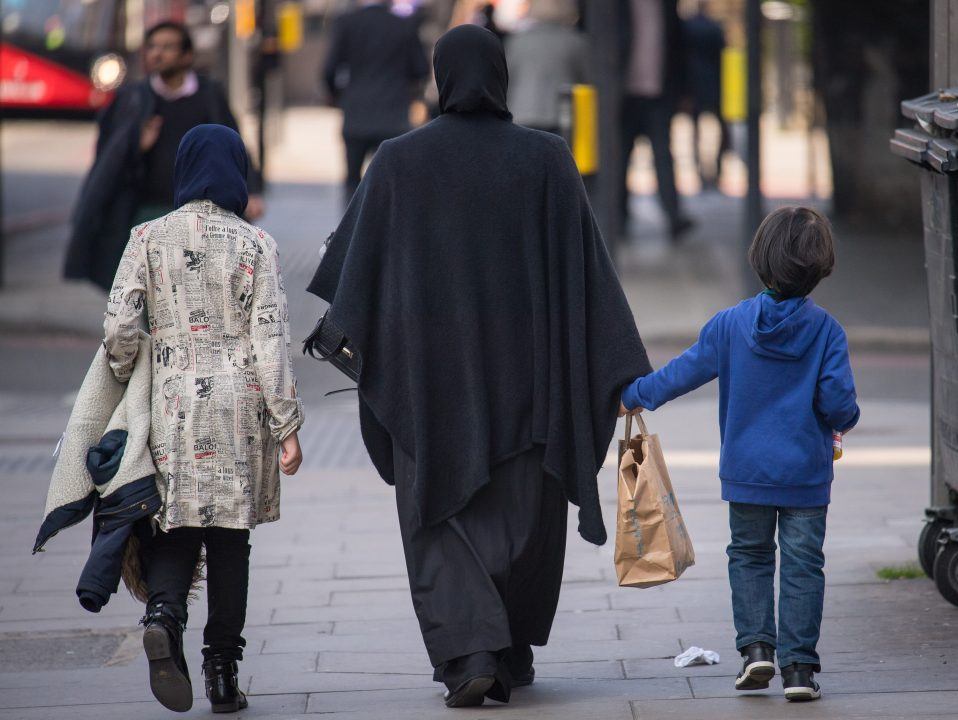The Scottish Government has been told “the time for excuses is over” as a new study showed black and minority ethnic (BME) unpaid carers still face the same kind of difficulties they did almost two decades ago.
A new report said evidence gathered by the Minority Ethnic Carers of People Project (MECOPP) and others highlighted how BME carers “continue to face disproportionate barriers to accessing support”.
Meanwhile, a survey included in the report revealed that two-thirds (67%) of unpaid BME carers said their caring role caused them financial difficulties, causing 52% to cut back spending on food and household utility bills.
The report said that Carer’s Allowance and other benefits “are often insufficient or difficult to access, adding stress”.
Meanwhile, 70% of 173 unpaid BME carers surveyed said they felt lonely “sometimes or always” – with the report adding that “cultural stigma or lack of understanding about caregiving and disability in some communities can prevent carers from seeking support or even discussing their struggles”.
Almost three quarters of those surveyed (74%) said they did not have time to look after themselves properly, with 50% reporting physical health issues such as fatigue or pain, and 40% saying they suffered from mental health issues such as stress or depression.
The research comes almost two decades on from a 2006 Scottish Government report on unpaid care, which “explicitly acknowledged the barriers faced by black and minority ethnic carers in accessing and using care services”.
But the Where Are We Now? study, published by MECOPP and Heriot-Watt University with the support of Oxfam Scotland, said little had changed.
The report, published ahead of Carers Week next week, said: “It has now been nearly two decades since that report, yet many of the challenges it identified remain largely unaddressed, highlighting a persistent gap in policy attention and structural change for BME carers in Scotland.”
It added that BME carers “face unique difficulties in accessing support”, adding that a cultural heritage where “caregiving is viewed as a natural family duty” can cause people to delay seeking help from outside sources.
This is part of the “disproportionate barriers to accessing support” BME carers can face, with these also including language issues, a stigma around accessing formal care, and low levels of awareness about rights and entitlements.
Speaking as the research was published, MECOPP chief executive Margaret Chiwanza said: “This report is a wake-up call that can’t be ignored.
“For far too long, BME unpaid carers have been overlooked – unseen, unheard, and unsupported.
“We heard from people battling poverty, burnout and breakdowns, worn out and worn down by a system that keeps failing them.”
She continued: “The Scottish Government has known about these problems for nearly 20 years ago but little has changed.
“The same barriers are still there – services that don’t understand different cultures, information people can’t access and policies that haven’t delivered.
“It’s not enough. BME carers deserve to be seen, heard and properly supported, and not face more decades of delay. This is about fairness, and the time for excuses is over.”
A 39-year-old Pakistani carer spoke out about her experiences, saying: “I have never had any respite. Caring is 365 days a year, 24 hours a day.
“The only respite I get is when my son goes to bed. Then I start on the laundry and preparing his care needs for the next day.”
Jamie Livingstone, the head of Oxfam Scotland, said: “Unpaid carers are caring day in, day out, behind closed doors and often without the support they desperately need and these challenges are particularly acute for those from black and minority ethnic communities.
“Many already face deep-rooted poverty and inequality, and unpaid caring is simply pushing them beyond breaking point.
“They’re exhausted, isolated and being failed by a system that should be there to help. Politicians must stop paying lip service to inclusion and start delivering the real change BME unpaid carers in Scotland have already waited far too long for.”
Social Justice Secretary Shirley-Anne Somerville said: “We work closely with the charity MECOPP and are already acting to address issues raised in their report.
“We are also working with them alongside other carers groups as we look to legislate for a right to breaks from caring, for carers from all backgrounds.
“In the meantime, we have increased our voluntary sector Short Breaks Fund to £13m, which includes funding for several short breaks projects which aim to support BME carers.”
Follow STV News on WhatsApp
Scan the QR code on your mobile device for all the latest news from around the country


 PA Media
PA Media
























